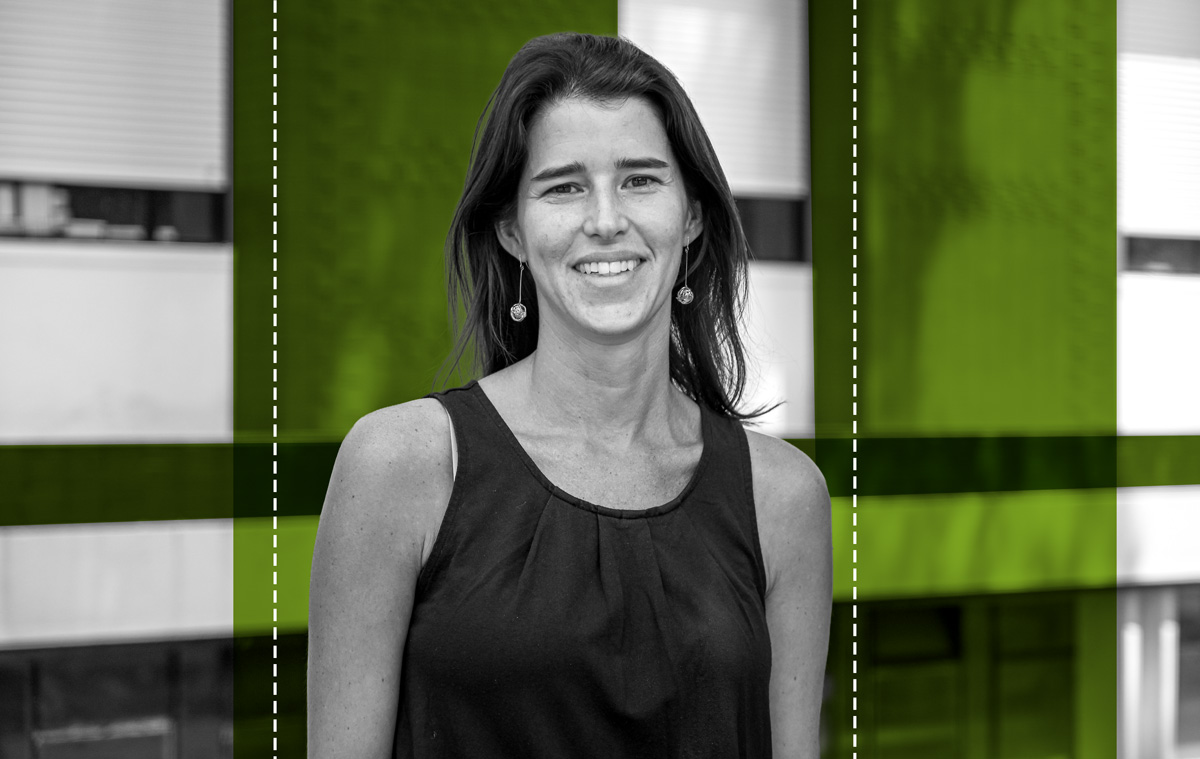Panagiotis Alexiou received an EMBO Installation Grant to start his own lab at CEITEC in Brno, Czechia. Now based in Malta, we spoke about the importance of bioinformatics and AI to the life sciences, and the importance of EMBO to his career.
Why did you study abroad before returning to Greece for your PhD?
I decided on Scotland for my undergraduate degree in 1999 because Dolly the sheep had been recently cloned as the first animal from adult somatic cells in Scotland, and I wanted to study genetics. The University of Aberdeen had a really good program in genetics, but it was a big change going from Athens to the North of Scotland! I finished my PhD in Greece at the height of the Global Financial Crisis and my lab had a collaboration with a group at the University of Pennsylvania. So I moved there for a postdoc and stayed for almost seven years before coming back to Europe for a position at CEITEC in the Czech Republic. After that I received a grant to move to Malta to develop bioinformatics here.
How important was the EMBO Installation Grant for your career?
It is not a huge amount of money, but it is very versatile which is really helpful when you are setting up your lab. But the key point of the grant is the community it connects you to. The EMBO Young Investigators Network has been amazing! I go to sectoral meetings and meet all these people who are already very good scientists, and I have started collaborations with people I met there. I am quite involved in the Network and have co-organized a bioinformatics sectoral meeting. It was probably my best grant in terms of the impact it had on my career.
Why did you choose to move to Malta?
The English language was a big thing for me as it is easier to live in a country where you can speak the language. I also saw the potential here. It is a small country and there is a lot to do to bring the country up to speed with respect to the rest of Europe. If I went to a more developed country, there is only so much you can do, while you can have a much greater impact in a country that is catching up.
What advice would you give to colleagues about the EMBO Programmes?
I would tell them to definitely apply because they are great programmes with an easy application process. Having access to that network of people is great. You get to meet the same people year after year and see the development of their projects. You build trust and people help each other and build collaborations. Science conferences are usually thousands of people but with EMBO you have a community.
What is your current focus of research?
I chair a project called Bioinformatics for Genomics in Malta under the Horizon Europe Widening programme with the goal of developing the field of bioinformatics. I have built a team of bioinformaticians, and we support research across all the faculties and centres at the University of Malta. I also give seminars to promote bioinformatics.
I have my own research which applies machine learning to different molecular biology questions mostly having to do with RNAs and transcriptomics.
How important is bioinformatics for research in Malta?
I have been here now for a bit over two years and the field of bioinformatics has developed a lot. Malta went from very little bioinformatics research to a community of several students and postdocs. It is a small country, so it is a small field, but it is very dynamic and active. The big thing I have seen over the past 20 years is that biology has become a data-driven field. With high throughput sequencing and other technologies, we are producing so much data in biology that it is literally impossible to analyze without having a computational approach. Bioinformatics used to be a bit of a side project and bioinformaticians were seen as technicians, but it is now more central.
What do you see as the potential impact of artificial intelligence on biology?
I am training models to do specific research, for example microRNA target prediction. This is a big field and will get bigger because we have a lot of data and can build bigger models. I am also working to use AI to automate processes of scientific discovery, such asan AI system that can do the research discovery itself. That will be a huge challenge over the next three years or so, but we do not have an event horizon beyond three years because of how fast the field is moving. These are definitely interesting times! We are travelling so fast that it is hard to see whether the direction we are going makes sense, although unfortunately I do not think there is a mechanism to pull the brake. I am trying to manage or mitigate the things I can. You have probably seen all the AI slop that is being produced in writing, and I do not want this to happen to science.
Does AI have a role in health, for example personalized medicine?
The difficulty with personalized medicine is not so much the machine learning part as much as the huge issues of sensitivity when dealing with medical data – ethics, security and standardization of the data.
There could be an AI interface – not ingesting the data but an interface for workflows such as vetting the security process to remove the drudge work. It is a legal and ethical minefield. I am in a project here at the University, collaborating with the Faculty of Laws, trying to produce a draft law for consideration by the Maltese Government about how to manage biobanking data and compliance with GDPR and local law.



